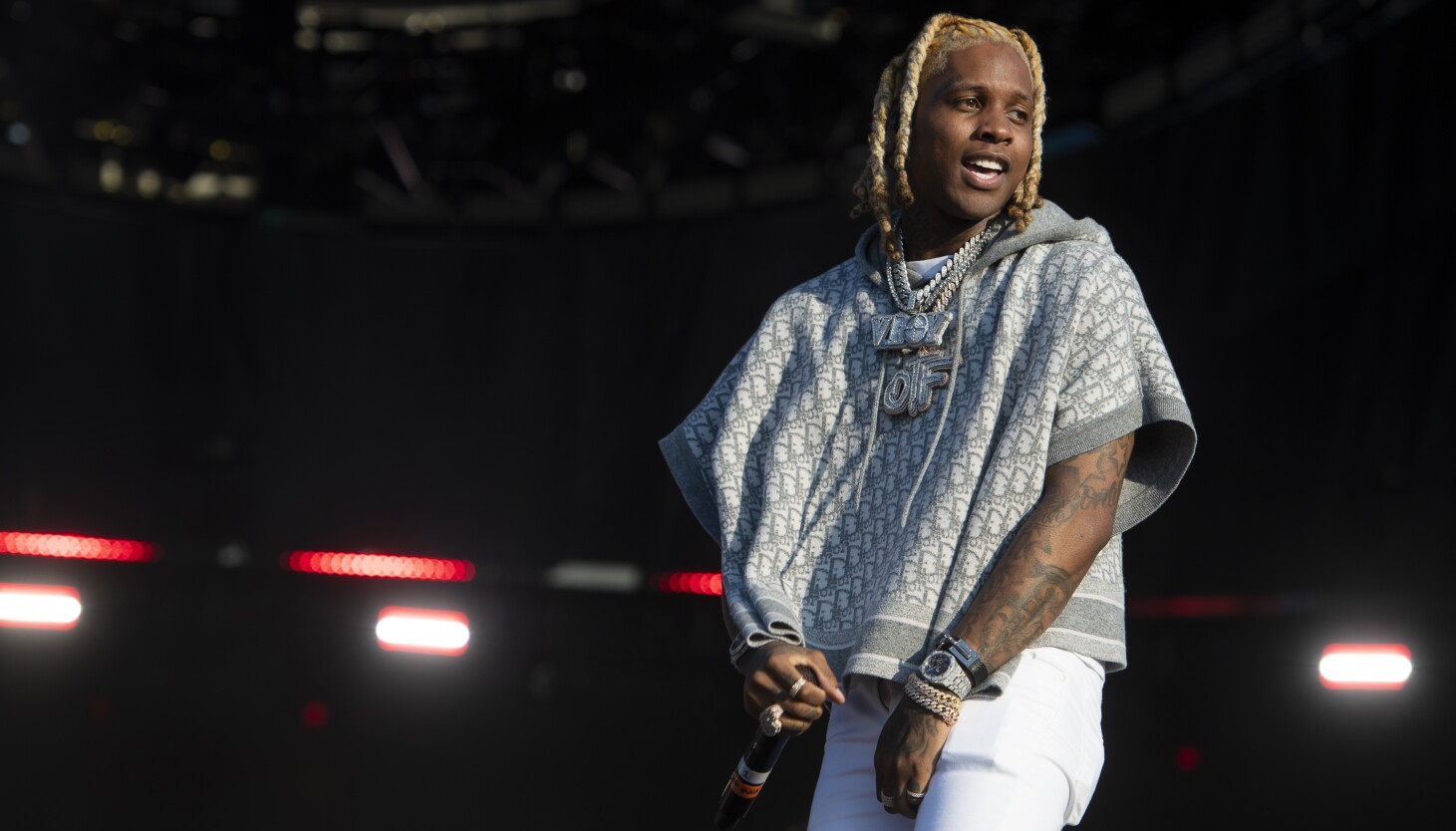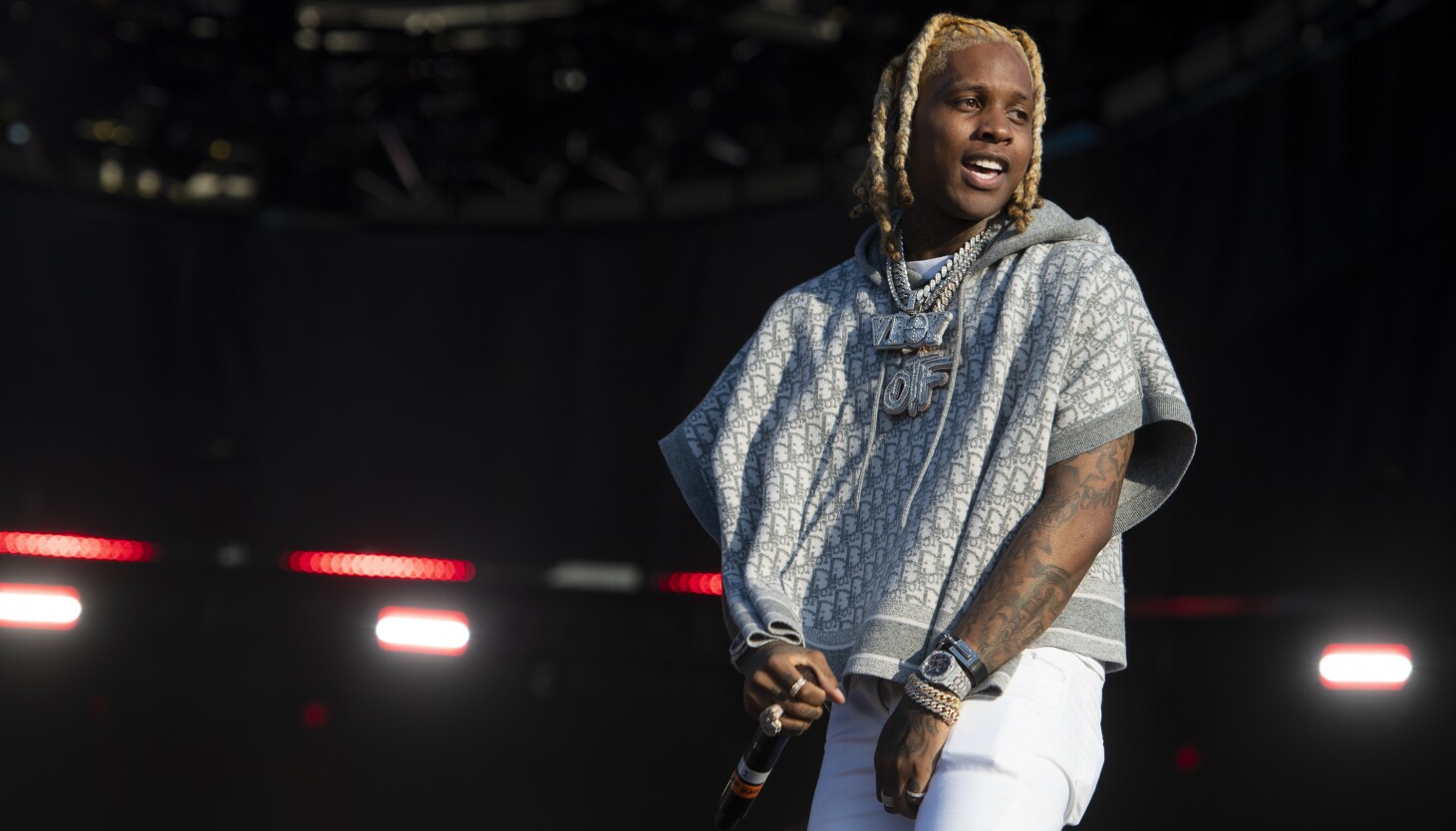
## Lil Durk’s Lyrics Used Against Him in Murder-for-Hire Case: A Growing Trend
Chicago rapper Lil Durk, known for his gritty portrayal of street violence in his music, is facing a murder-for-hire charge where prosecutors are using his lyrics as evidence. This tactic, experts warn, represents a troubling trend in courtrooms across the nation, potentially undermining free speech and stigmatizing hip-hop.
The case centers around an alleged plot to kill rapper Quando Rondo, a rival, in retaliation for the death of Lil Durk’s protégé, King Von. Prosecutors claim Lil Durk placed a bounty on Quando Rondo and subsequently released a song that “commercialized” the resulting attack, which killed Rondo’s cousin. Lil Durk’s legal team vehemently denies these accusations, arguing that using his art as evidence is a blatant disregard for artistic expression and a lack of substantial evidence. They presented a sworn affidavit from a sound engineer proving the song in question was recorded months before the shooting.
However, the prosecution countered with further evidence, including FBI affidavits alleging Lil Durk commissioned another hit in response to the death of his brother. These affidavits cite lyrics from another song as evidence. Despite his lawyer’s arguments and presentation of evidence demonstrating the pre-existing timing of the song recordings, Judge Patricia Donahue ordered Lil Durk held without bail, pending a trial that could result in a life sentence.
This case highlights a larger concern voiced by experts like Erik Nielson, a professor specializing in hip-hop culture, and Ed Yohnka, a spokesperson for the ACLU of Illinois. They argue that prosecutors are increasingly using rap lyrics out of context, stripping them of artistic merit and treating them as literal confessions. Nielson, co-author of “Rap on Trial,” points to the Young Thug case as another example of this trend, where lyrics were used extensively despite not being definitively linked to the alleged crimes. He warns of the potential for misrepresentation and prejudicial impact, suggesting it may pressure artists to self-censor. This concern is underscored by Lil Durk’s apparent inclusion of disclaimers in his recent music, a practice unheard of just a decade ago.
While prosecutors maintain other evidence links Lil Durk to the murder-for-hire plot, including his record label allegedly operating as a criminal enterprise, the reliance on his lyrics remains a significant point of contention. The use of a credit card associated with the label to book flights and a hotel room, alongside Lil Durk’s separate travel to Los Angeles on a private jet, are presented as further evidence of his involvement in coordinating the attack. The resulting shooting left Quando Rondo’s cousin dead.
Lil Durk’s lawyers contend that the charges are false and are determined to fight the case, emphasizing their client’s achievements and family life. The ongoing legal battle raises serious questions about the intersection of artistic expression and criminal justice, underscoring the need for a more nuanced approach to interpreting and using creative works as evidence.

